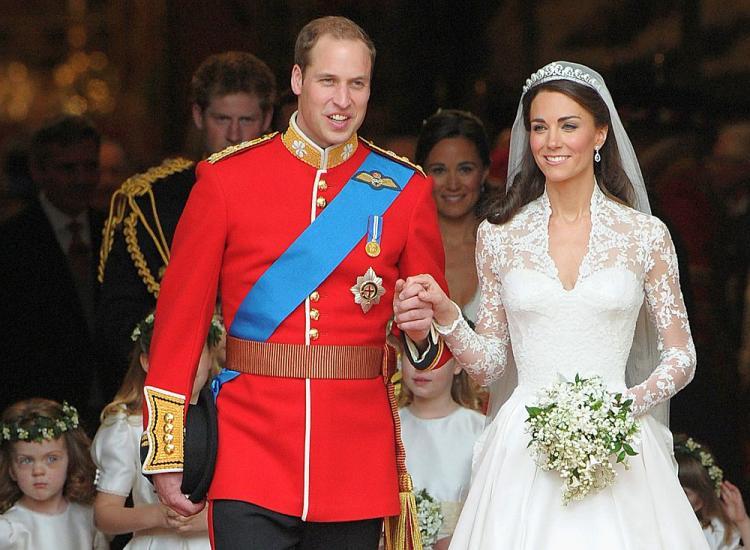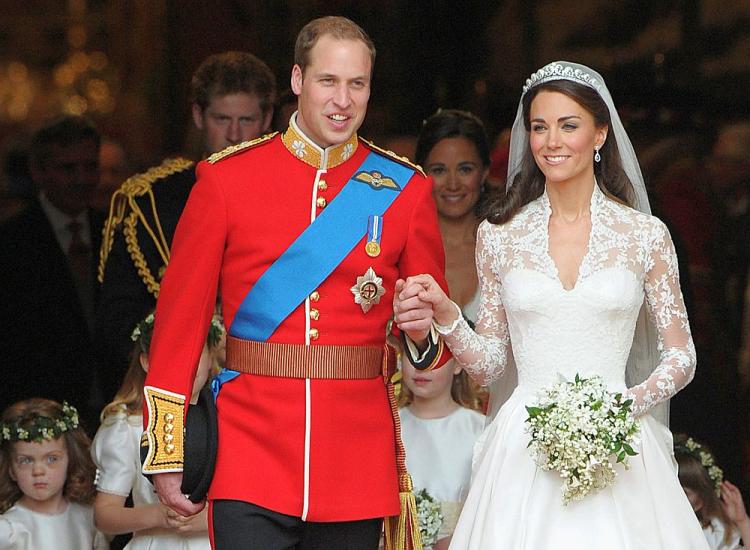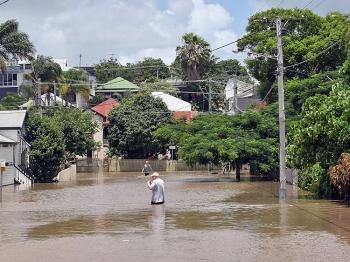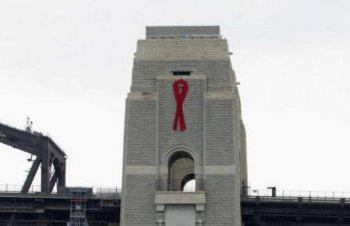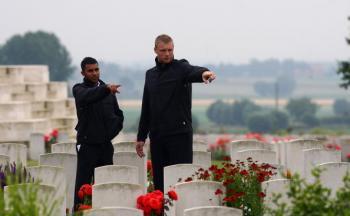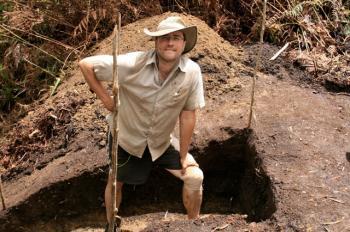Royal Wedding Will Help Define Australian Republic
The Royal wedding will make a significant contribution to defining the Australian Republican movement, rather than detracting from it, says academic Professor Lyndall Ryan.
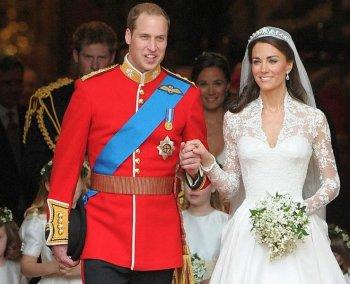
CAPTIVATING: Britain's Prince William and his wife Kate, Duchess of Cambridge, come out of Westminster Abbey in London, after their wedding service, on April 29. About 5.5 million Australians tuned in to watch the Royal Wedding. Carl de Souza/AFP/Getty Images
|Updated:
